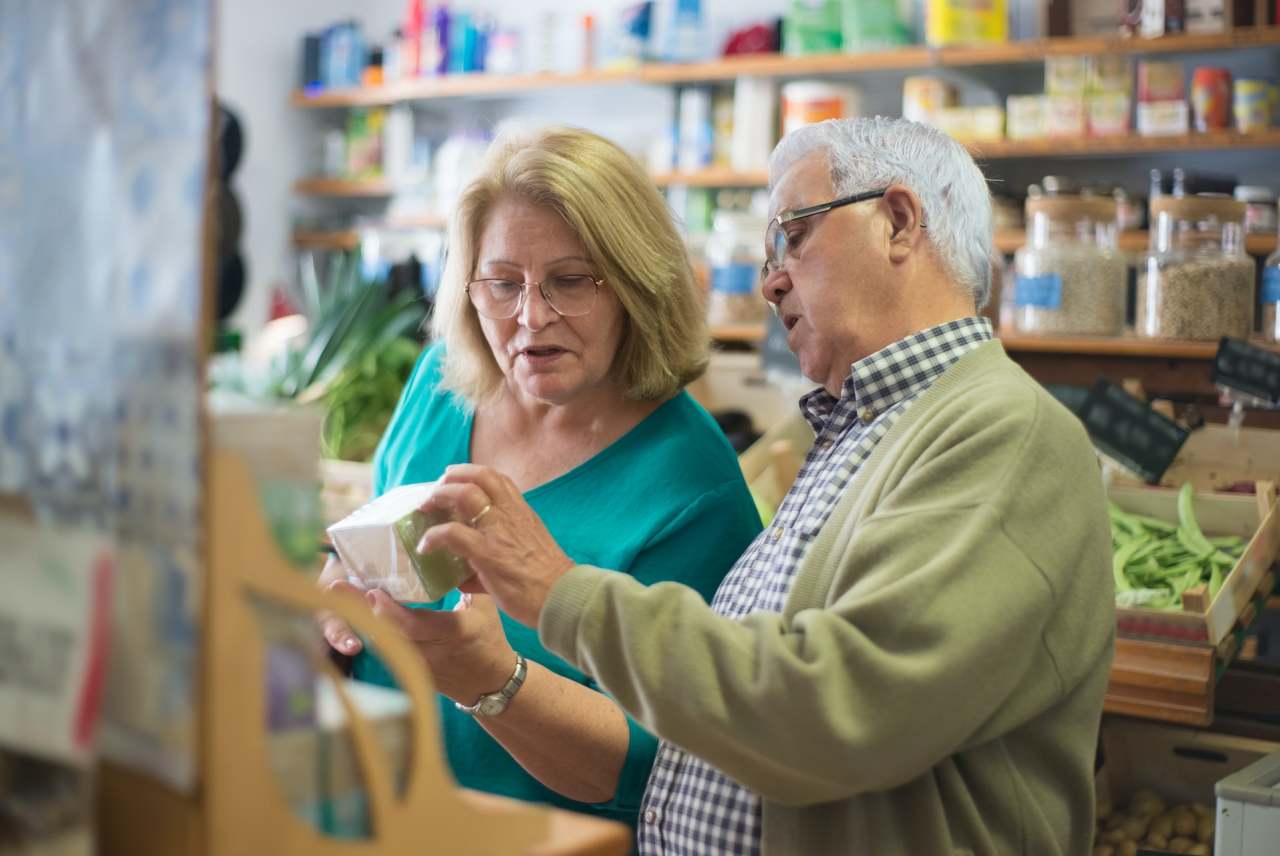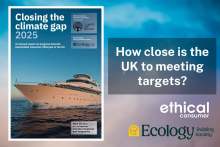The Ethical Markets report has shown impressive year-on-year growth for ethical products and services since 1999. Over the years we have seen ethical markets outstripping growth elsewhere as they take a bigger and bigger part of UK consumer spending.
Summary of Ethical Markets Report 2023
The latest figures in our 2023 report show the growth faltering significantly across most sectors for the first time since 1999.
There were two big growth areas where spending increased significantly:
- spending on electric cars increased by 80%
- spending on green electricity tariffs increased by 40%
These played a key role in pushing the overall value of the ethical market up by 7% in 2022.
However, in a year when inflation was running at 9.2%, most other sectors saw little growth or real terms declines (growth less than inflation). Exceptions to this were:
- spending on solar panels increased by 282%
- sales of secondhand clothes increased by 49%
Ethical categories in our market report
We track sales data across a wide range of consumer sectors, including:
- Ethical food and drink
- Green home
- Eco-travel and transport
- Ethical personal products
- Community
- Boycotts
- Ethical money
Fluctuations in challenging financial times
All this should be seen in the context of a year when most retail business, ethical or otherwise, saw sales volumes decline by 3%. Many ethical businesses are simply struggling, like everyone else, in the most turbulent economic times we have seen since this research began.
The total ethical market value remains significant at £141 billion.
And our opinion survey, which is conducted in tandem with our market research, shows no decline of interest in making ethical choices. Amidst the cost-of-living crisis, people are still very interested in making ethical choices. In fact, environmental impact continues to be the primary reason why respondents reported that they had avoided purchasing certain products.
The money in ethical banking and investment grew by only 1.5% in 2022. This was the smallest rise since 2017. Again this should be seen in the context of a year when even mainstream investments grow by only 1% and retail deposits declined everywhere as people faced difficult economic circumstances.
Summary spending figures
|
2020 £m |
2021 £m |
2022 £m |
% growth 2021-22 |
|
|---|---|---|---|---|
| Ethical food & drink | 4,223 | 11,232 | 12,080 | 7.6% |
| Green home | 4,943 | 9,619 | 12,218 | 27.0% |
| Eco-travel & transport | 1,641 | 7,546 | 12,381 | 64.1% |
| Ethical personal products | 823 | 1,783 | 2,147 | 20.4% |
| Community | 11,130 | 11,845 | 11,966 | 1.0% |
| TOTAL BASKET | 22,760 | 42,025 | 50,792 | 20.9% |
| Boycotts | 2,485 | 3,341 | 2,860 | -14.4% |
| TOTAL BASKET & BOYCOTTS | 25,245 | 45,366 | 53,652 | 18.3% |
| Ethical money | 21,947 | 86,219 | 87,473 | 1.5% |
TOTAL |
47,192 | 131,586 | 141,125 | 7% |
The overall picture
Overall the report reminds us that, although there continues to be a long-term trend towards ethical market growth in the UK, ethical businesses everywhere are not immune to the turbulence we see everywhere.
Britons are poorer and spending more on energy to stay warm. Those that can, are taking positive steps to re-adjust to a world where the climate is changing, by buying electric cars and installing solar panels.
Those that can't, are buying more secondhand items which, of itself, is also helping to reduce emissions.
As previous markets reports have shown, when the government chooses to offer subsidies for positive ethical choices, they can scale up rapidly across all sections of society. The Conservative UK government has shown itself to be in denial about the climate crisis and antithetical to the idea of ethical markets generally. This will have contributed to the slowing of growth observed in the report.
The 2023 Ethical Markets Report was sponsored by the Co-operative Bank. The research was conducted during 2023.






